How to Enjoy the Mountains With Sustainability In Mind
If you love to snowboard, you need to take the climate crisis seriously. And that means ensuring you're living a sustainable lifestyle, year-round.
We have teamed up with Gabro and Laura from Life in White to come up with eight tips on how you can act more sustainably not just in the mountains, but also in everyday life. Laura and Gabriel can be found on their boards around 200 days a year, and are true nature lovers who always try to reduce their ecological footprint.
Take these tips to heart for a more sustainable coexistence on the mountain and try to integrate them gradually into your lifestyle, because we can only make a difference by working together.
1. Don't leave garbage behind.
The first and most important point: Always leave the mountains cleaner than you found them, and never just throw away garbage. This also includes tissues and cigarette butts. Cigarette butts are particularly harmful because the toxic ingredients that remain in the filter of a single cigarette can contaminate between 40 and 60 liters of clean groundwater. So if you don't want to give up smoking in the mountains, take your cigarette butts with you, because unfortunately there are way too many of them in the mountains.
There is still a myth about tissues and toilet paper that they decompose quickly, but it takes up to five years to do so, which is anything but quick. Just take your tissues with you and should you have an urgent nature call, large leaves are an excellent substitute for toilet paper.
Here is a brief overview of how long it takes for waste to decompose in the mountains:
- Banana and orange peels: 1-3 years
- Plastic bags: 100-200 years
- Plastic bottles: 500-1000 years
- Chewing gum: 3-5 years
- Cigarette butts: 10-15 years
- Tissues: 1-5 years
- Aluminum cans: 50-500 years
- Aluminum foil: 200-400 years
It makes you think, right? So please don't leave anything behind and just take a bag with you to store your garbage and any other garbage that you find along the way. We at Burton also make our contribution and organize the Burton Clean-Up Days every year to keep our neighborhood clean.
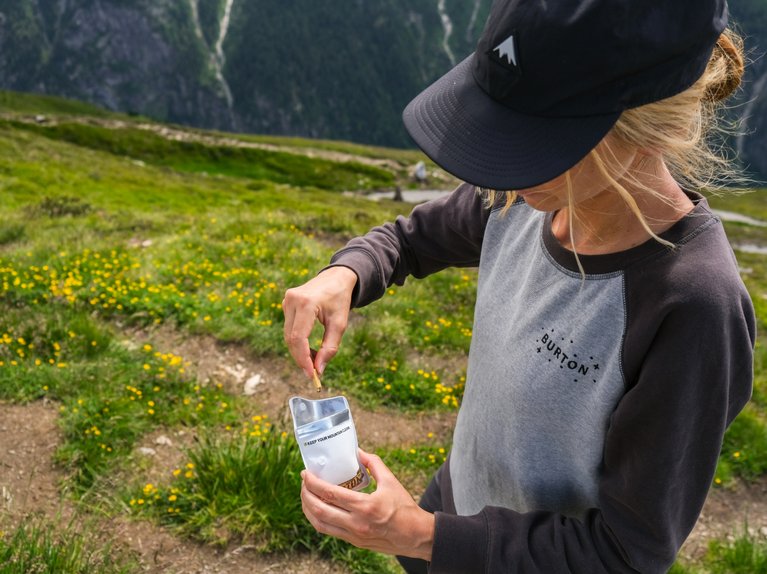
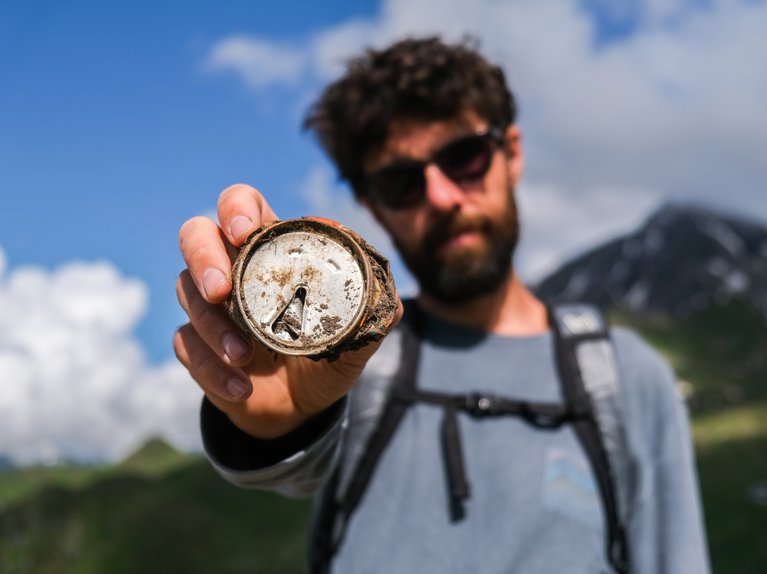
2. Use less plastic.
The problem with plastic is that it practically doesn't decompose, and the "microplastics" still remain and enter our groundwater through the soil. So avoid using plastic not just in the mountains, but also in everyday life in general. Disposable packaging in particular is the biggest problem, so we recommend the following:
- Instead of a disposable plastic bottle, take a reusable bottle on your tours and pack your snack in a reusable box or a beeswax wrap.
- Prepare your own snacks, such as energy balls, nuts or fruits to avoid plastic packaging.
- Instead of a plastic bag, you can also easily use a cotton bag.
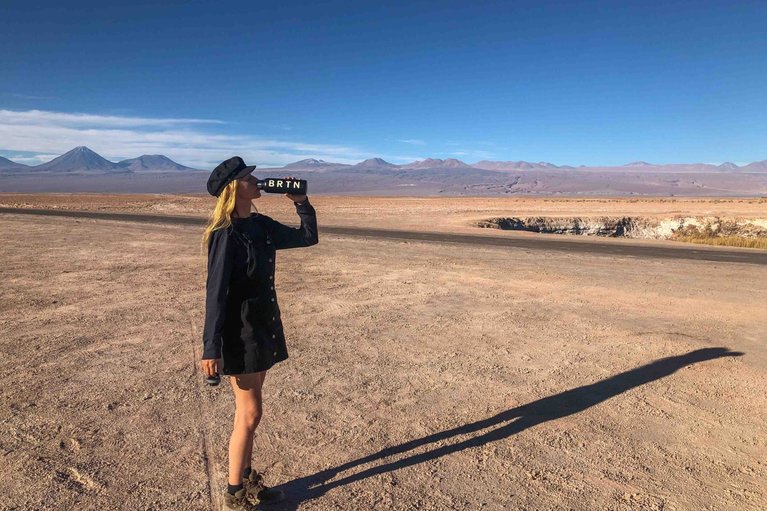
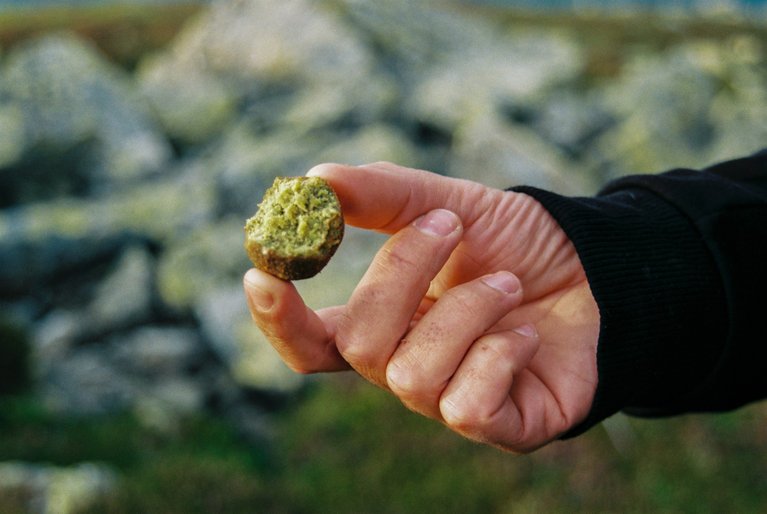
3. Choose the right mode of transportation.
Exhaust gases from our cars are a real problem, so you should try to switch to public transportation as much as possible or at least form a carpool. Options for train and bus transportation are particularly well developed in the Alps.
4. Don't waste unnecessary resources.
If you stop at a chalet or hut during a hike or splitboard tour and maybe even stay overnight, try to use as few resources as possible. Most of the chalets are very remote and most do not have a lot of water or electricity. The delivery of food is also usually relatively cumbersome and the garbage must be transported away. So pay attention to the following:
- Avoid charging your smartphone or camera's battery and pack a power bank instead.
- Use water sparingly and never let the tap run.
- Pack yourself a chalet sleeping bag so bed linens need to be washed as infrequently as possible.
- Order something smaller to eat first and then treat yourself to another little snack instead of leaving valuable food behind.
- Taking your garbage with you to help the chalet owners with disposal.
5. Stay on the marked trails.
This is an important point, especially in summer when mountain biking or mountain climbing. As tempting as a shortcut through the meadow may be, stay on the marked trails so as not to disturb the flora or fauna.
PS: Numerous plants are protected by nature conservation and must therefore not be picked. Besides, they look better in nature anyway!
6. Look for the sustainability seal on your equipment.
In the textile industry in particular, a lot of resources are required, which makes it all the more important to buy products from brands that are committed to sustainability. We at Burton take our responsibility very seriously and already have some measures in place to counteract the climate crisis. Our sustainability goals are based on three pillars:
- Our people
- Our products
- Our playground
All of these goals are structured in such a way that we can only be successful if we act sustainably. With this forward-looking mindset and the goal of always contributing to society, we have been a certified B Corporation™ since 2019. We are therefore committed not only to the highest social and environmental standards, but also to absolute transparency. For this reason, we also want to share our sustainability progress with you to give you as much insight as possible into our sustainability work at Burton.
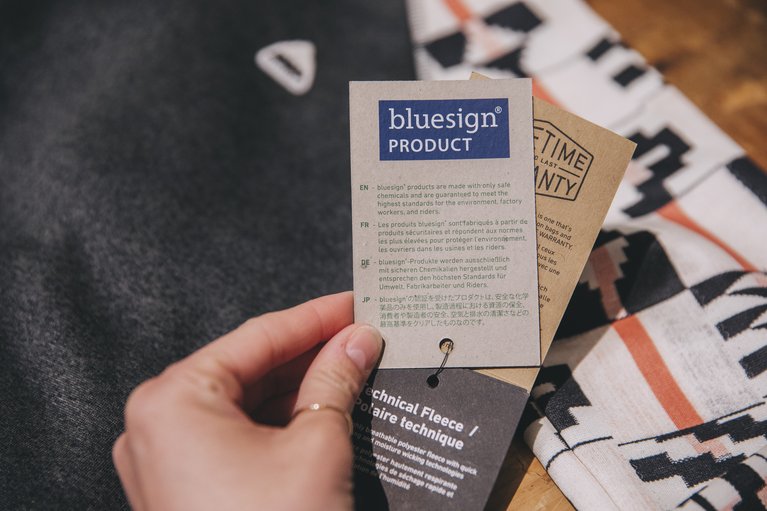
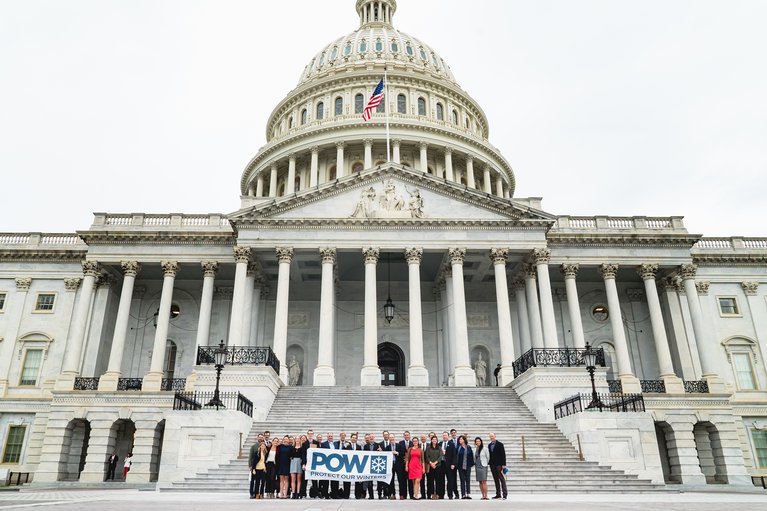
7. Try to reduce, reuse or recycle as much as possible.
Reduce your footprint by not always buying something new right away, but try to repair, barter or buy used things. The longer we keep items in circulation, the less new resources we use. And let's be honest - we generally have far too many of most things and can do with much less.
8. Buy regionally and reduce the consumption of animal products.
Even if this is not directly related to the mountains, it is still an important factor, because what we buy and where we shop determine the market. With regional products, we don't just take advantage of shorter transportation routes, but we also support the local economy. You can also save much more plastic when shopping at a smaller local market versus during a customary trip to the supermarket, which creates an absolute win-win situation.
It is not a question of whether we should all eat vegetarian or vegan now, but it is simply about creating awareness and significantly reducing the amount of animal products. For example, the production of one kilo of beef releases more than six kilos of CO2. It is not just bad for the climate, but also the animals in factory farming also suffer from poor conditions, tropical forests are cut down for pasture and fields for feedstock and we lose valuable grain resources that could be eaten directly. These are just a few examples to illustrate that we must use the resources we have far more carefully so that we have enough of them in the future.

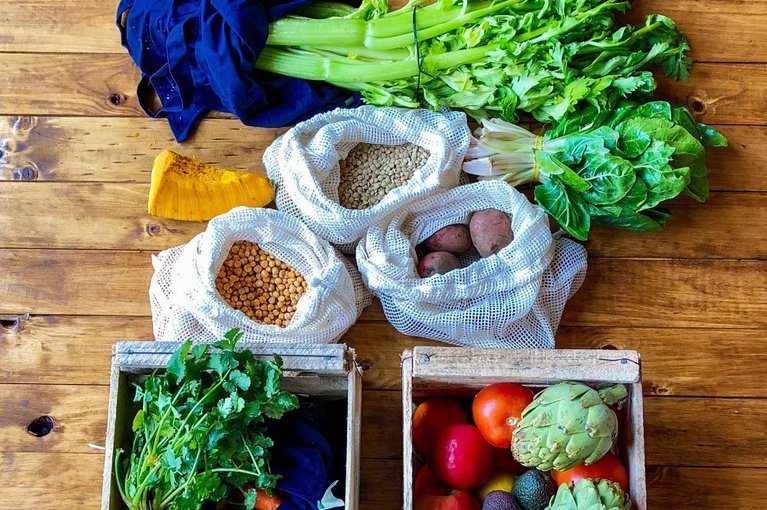
Time for a change.
Nature is extremely important to us as snowboarders, which is why we should treat it with the respect it deserves. Start to make your everyday life more sustainable today and be part of the change. Because if the coronavirus pandemic has taught us anything, it's how much a crisis affects us and how important it is to act quickly and not after it is too late. With every step towards sustainability, you help combat the climate crisis. We are also constantly working not only to make our products more sustainable, but also to actively protect our climate.